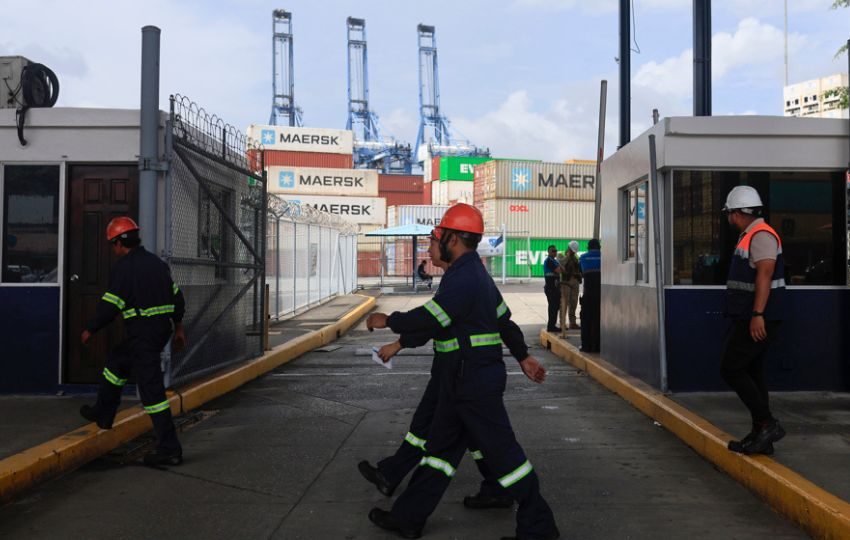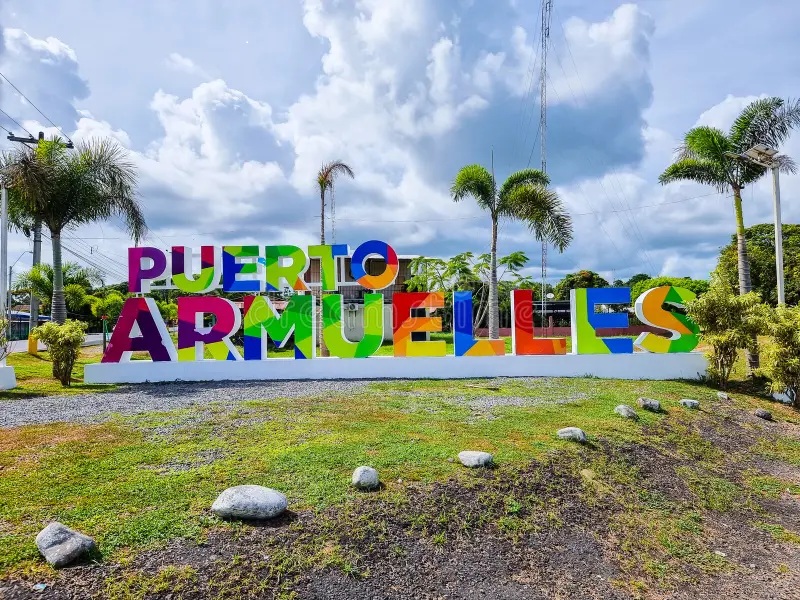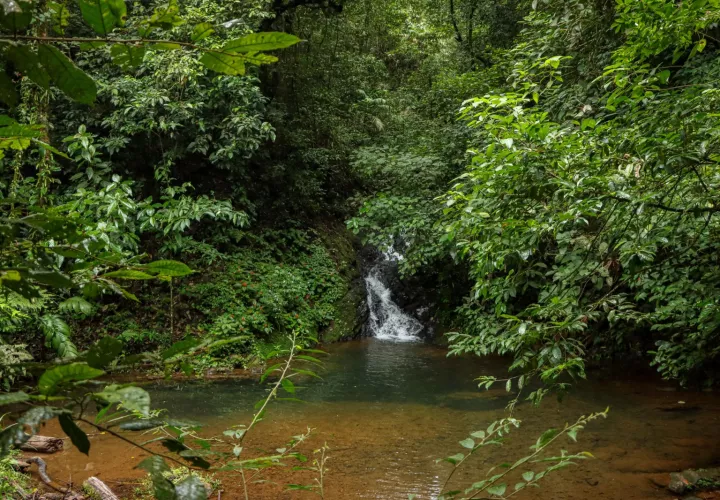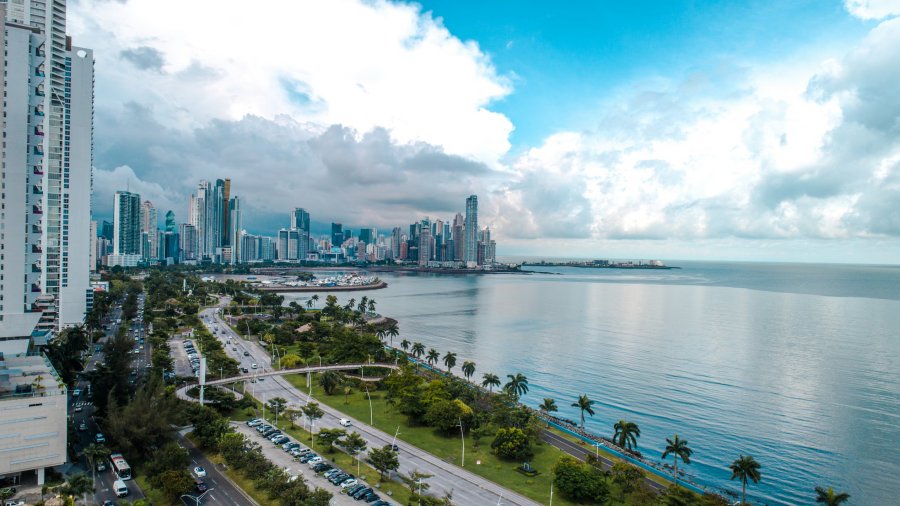ENVIRONMENT: 175 countries sign plastic waste treaty

At a meeting of the UN Environment Assembly (UNEA) in Nairobi, Kenya, 175 countries on March 2 passed a resolution on the first treaty to directly tackle the 9 billion tonnes of plastic produced since the plastic age ramped up in the 1950s. Work now begins on how to implement the treaty by 2024.
Advocates of a more ambitious treaty have won out, judging from the deal that was approved in Nairobi by UNEA President Espen Barth Eide using a gavel made from recycled plastic.
Two competing ideas had been put forward. One, led by Peru and Rwanda, encompassed all stages of plastic’s life cycle, from production to consumption and disposal. The second was a far more limited deal focused on plastics in the oceans, spearheaded by Japan.
The deal that has emerged supports the first approach. Crucially, elements of the treaty are legally binding. It also acknowledges that lower-income countries will find it harder to grapple with plastic and pollution than high-income ones and so there is a need for some sort of financing model to help curb plastic use and waste.
“We now have one text. It speaks to full life cycle; it speaks to legally binding; it speaks to a financing mechanism; it speaks to understanding some countries can do it more easily than others,” says Anderson. “It has been a long, hard road, but I’m very happy.”
Anderson compared the accord to past environmental treaties such as the Montreal protocol on ozone-destroying chlorofluorocarbon (CFCs) and the Minamata Convention on mercury pollution, both of which led to massive reductions in emissions of these harmful chemicals. These are proof that global deals can make governments and industries work differently, she says. “We’ve done this before.”
The world produced 381 million tonnes of plastic in 2015, and hundreds of thousands of tonnes are estimated to end up in the oceans every year, most of it from lower and middle-income countries with less capacity to burn or recycle it. Ubiquitous plastic pollution has been linked to negative impacts on marine life, and there are fears it may affect our health too, although more work is needed to establish that.
Failure to tackle the problem isn’t an option, says Anderson. “The youth of today, voters, ordinary people, are just disgusted when they go to the coast and see this stuff,” she says.
Prevention first
Steve Fletcher at the University of Portsmouth, UK, says: “The best way to tackle plastic pollution is to prevent it in the first place. By covering the whole supply chain, a global agreement to tackle plastic pollution can support upstream solutions such as reducing or replacing plastic in products.”
Exactly what measures should be enacted under a global plastic treaty, and what teeth the deal might have, will now need to be worked out
Anderson hopes the treaty will take effect within three years. She says one example of how legally-binding limits might be implemented is limiting how much virgin polymer is put into economies.





